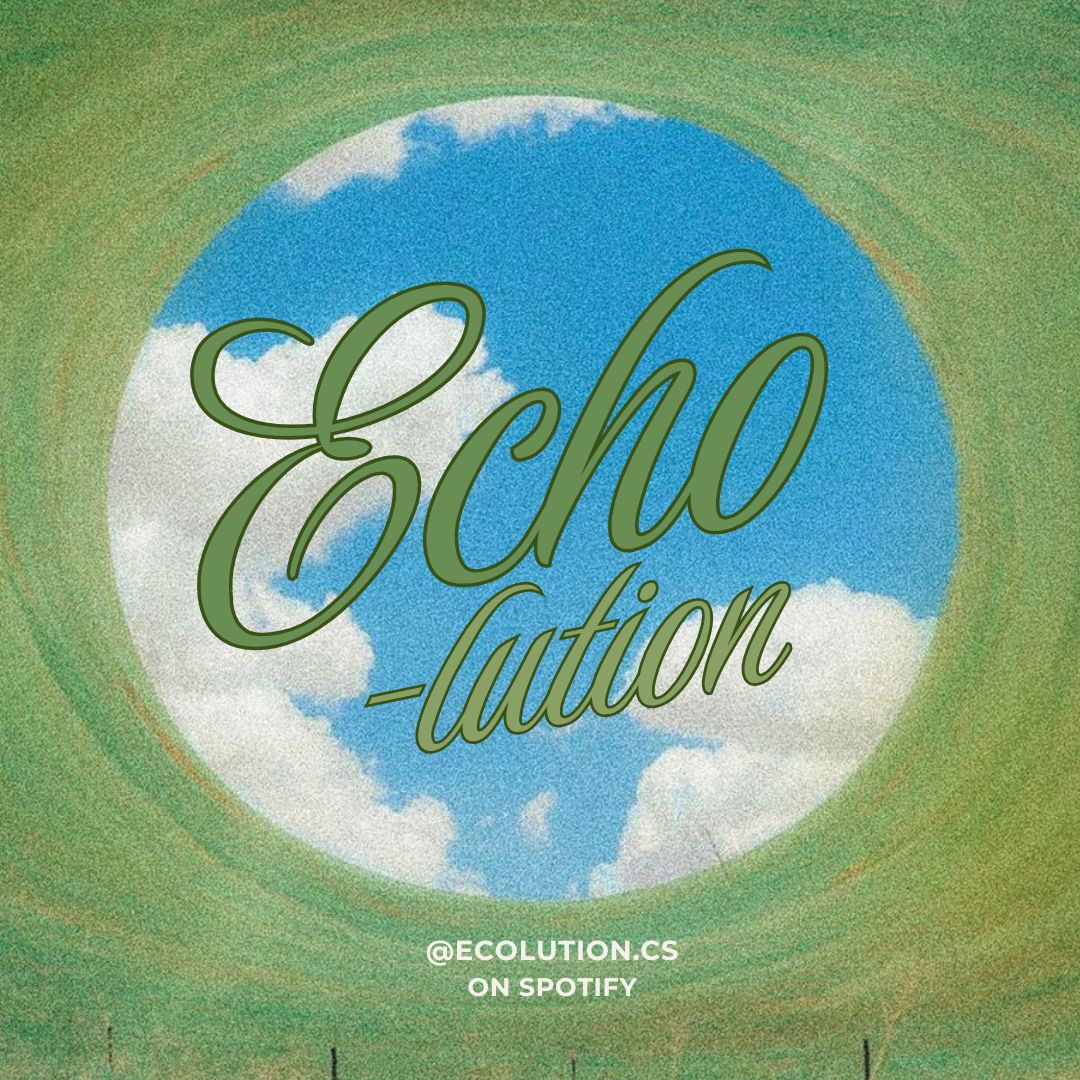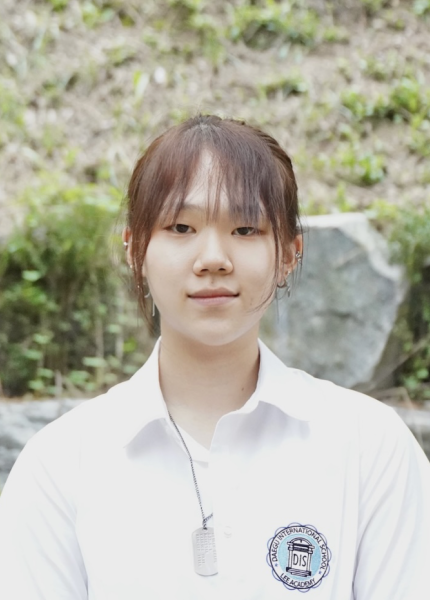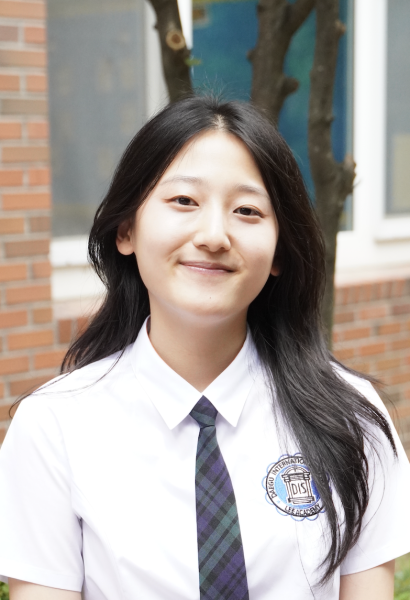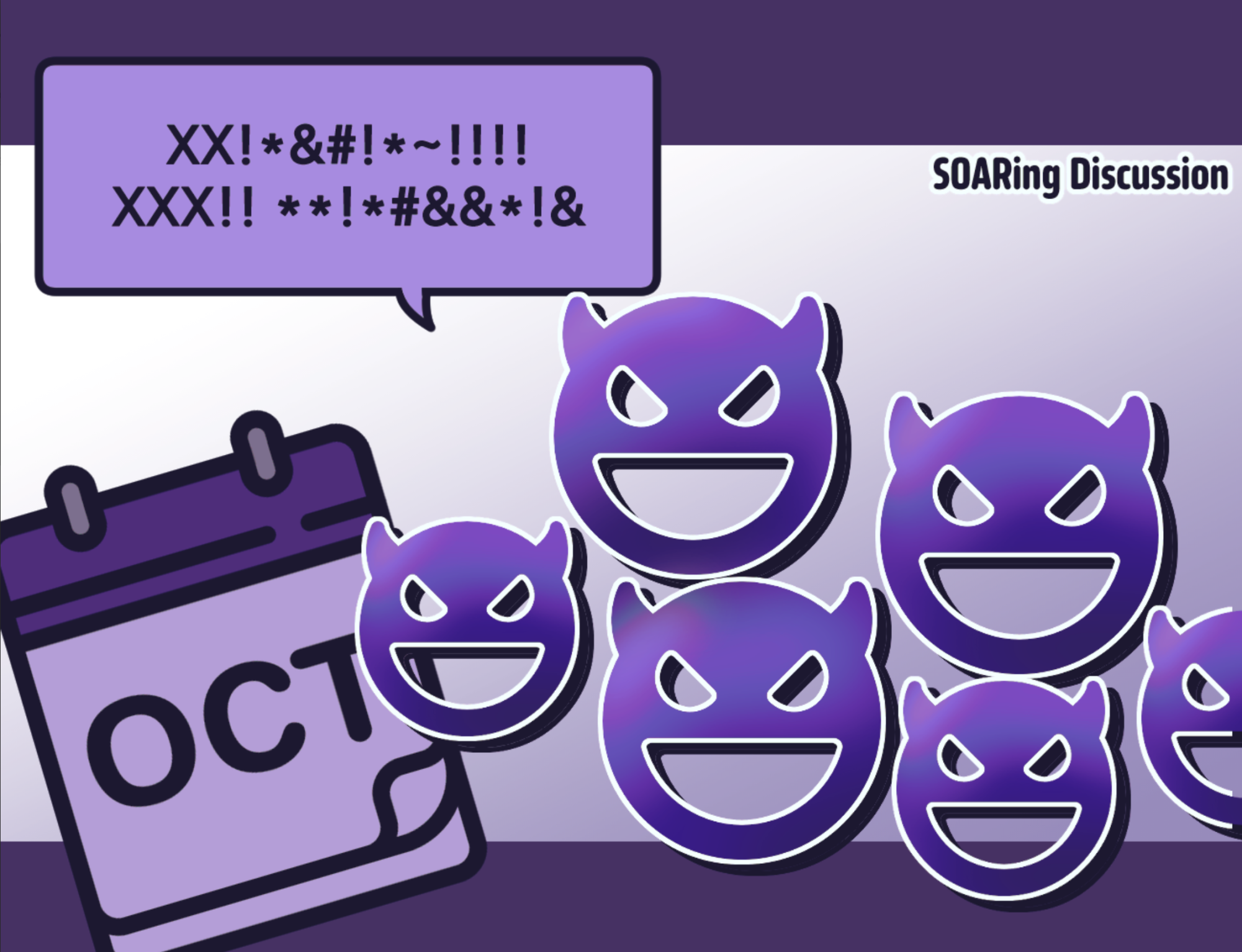
*Disclaimer: DIS values a respectful school environment. The Jets Flyover discourages any sort of disrespectful language, including racial slurs.*
Offensive racial jokes take the spotlight on social media and garner thousands of likes. It often starts with a slight jab at a stereotype, but eventually expands to full-on disrespect. These jokes, despite seeming innocuous, affect real people, relationships, and cultures. So, as president and vice of Students Organizing Against Racism(SOAR), Selina Son and Leanne Yoon give you the ins and outs of the lunch club’s October discussion topic: racial slurs.
Racial slurs hold an entire group of people and their history against them. They inherently dehumanize victims based on a flawed belief of “racial superiority.” These disrespectful phrases hold more weight than we think. Many derogatory terms come from so-called normal words. Over time, the negative connotations and stereotypes we associate with them latched on. Some other slurs discriminate across social constructs like economic status and race. All in all, this type of language carries uncivil, disrespectful connotations and hurts the target more than other insults.
Some think racial defamations do not pertain to us Koreans. But it hits closer to home than we think. Multiple slurs mock Asian American’s accents and physical features that differ from “Western” features.
Other derogatory terms show up in our daily lives, whether we know it or not. Many come across offensive words and images but often dismiss and use them mindlessly. For example, people casually use rude terms for North Koreans dating back to the Korean War, nonchalant to the hurt behind it.
Conformity widens the use of such language. According to a survey, less than a third said they use slurs because they actually harbor hateful feelings toward the targeted group. Rather, young people use it to “seem cool.” The first time innocent bystanders hear such offenses, they jolt upright. But when they realize that the cool “sun-bae” they look up to considers them a joke, they start to slip in one or two comments here and there. This in turn endangers young students who learn in close quarters with their older counterparts, like the elementary schoolers on campus.
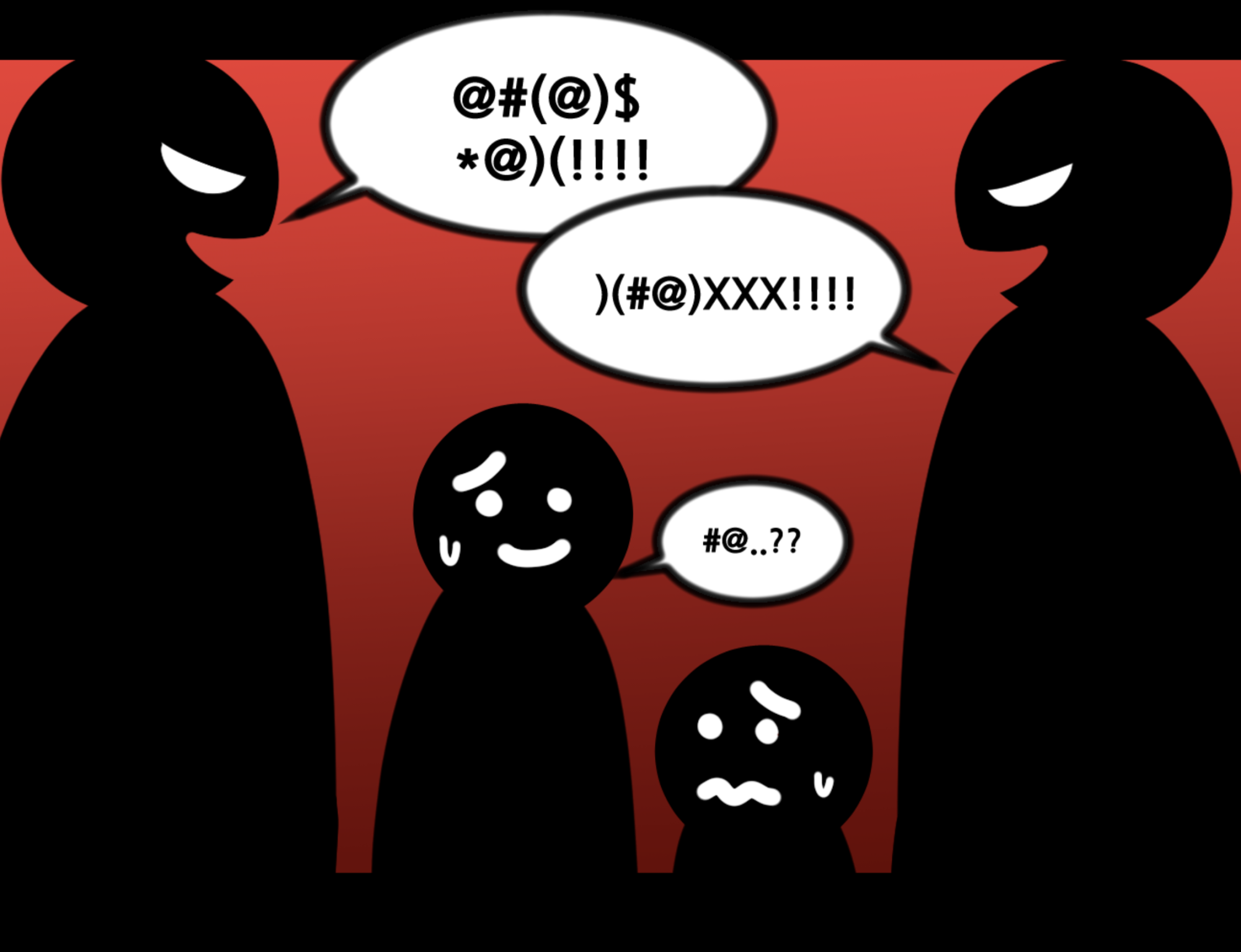
Yet, people hide behind their excuses when activists reveal the ugly truth behind such taunts. In a local context, excuses often boil down to, “Chinese and Korean people are both Asian, right? So then I can say these ‘Asian’ slurs (that, in actuality, pointed specifically to Chinese people and their language).”
This comes from the failure to recognize that context matters. In music, you hear slurs, but you don’t sing along to those parts. Moreover, we must all take the other person into account in a conversation. Before you blurt it out, ask yourself, “How would you feel if someone said this to you or your friend?”
On campus, the rule of thumb is: never use slurs at DIS. The student handbook states that “expressing intolerance related to race, ethnicity, religion, disability, sex, gender, or personal orientation – includes the use of slurs” and counts this behavior as a level two major offense (p 21).
If you hear such language on campus, step up and report it, especially when it makes you uncomfortable. Anonymity always remains, and you just need to say the time, place, and date – no voice recordings.
At the end of the day, slurs count as hate speech, and we see it everywhere, from the media to our day-to-day vernacular. Know it or not, these derogatory phrases inherently carry disrespect and our use of them holds tangible consequences. Please take a moment to understand the full implications of speech and don’t chalk it up to some laughs.

































